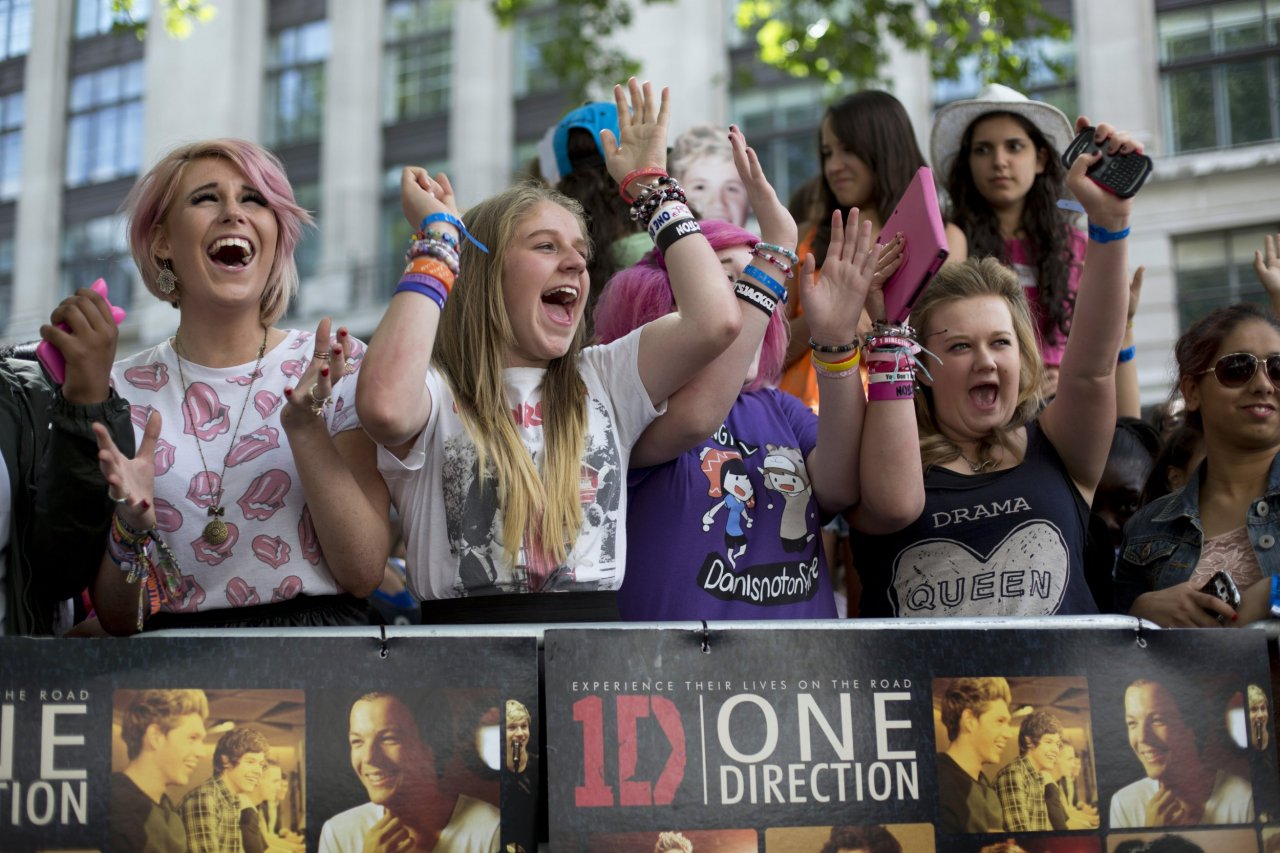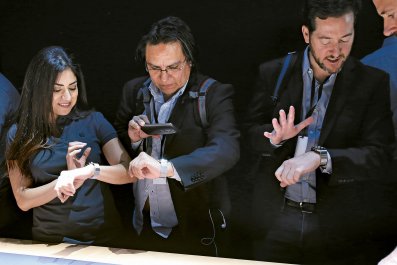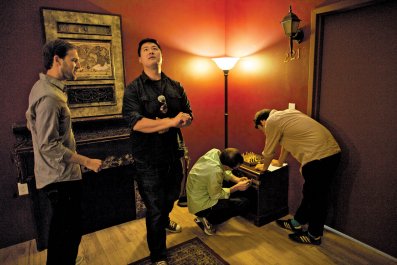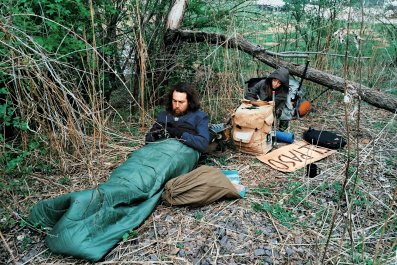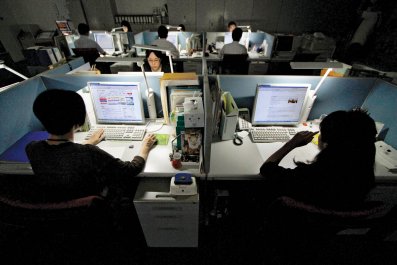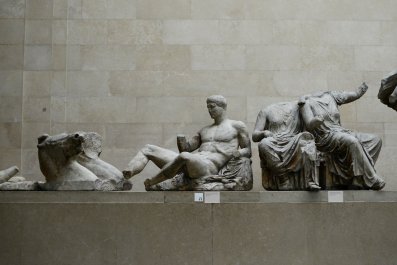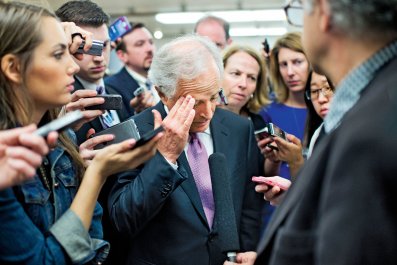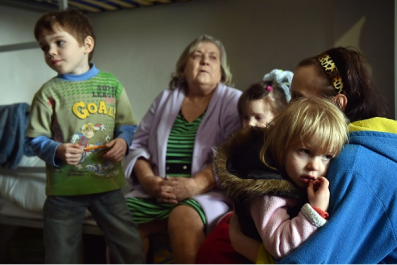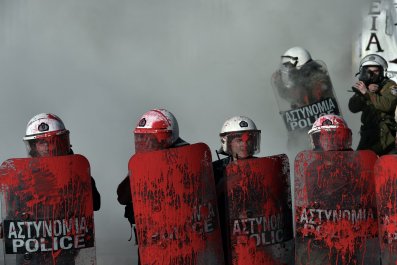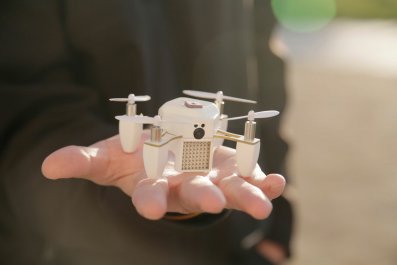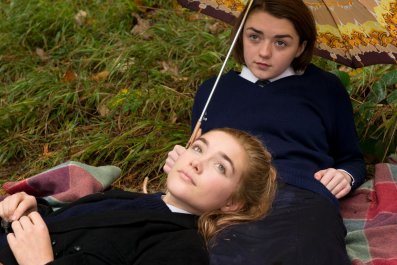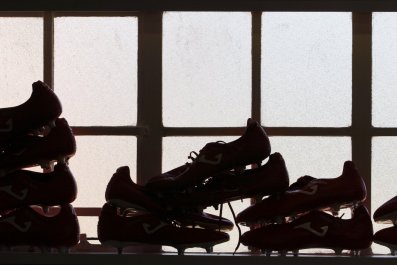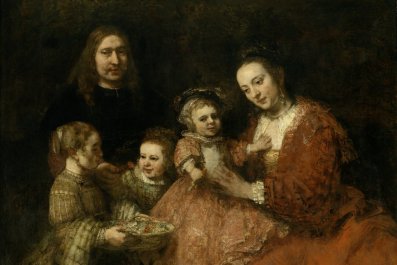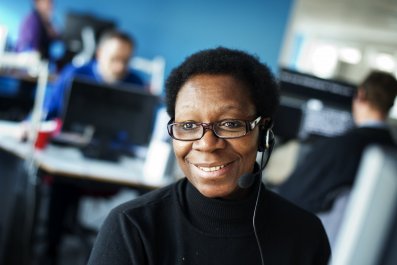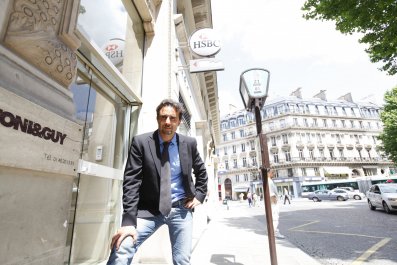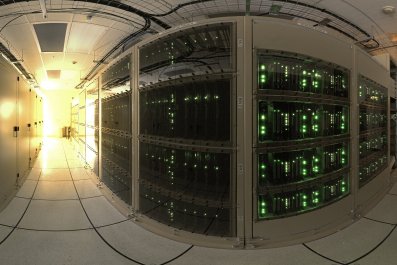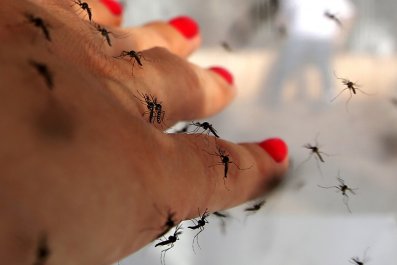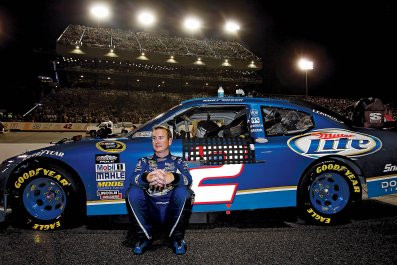"I can't wait to read it because it's going to be sick, and I'm in it, and then I can give it to my mum and she can stop f****** asking me what I'm thinking all the time." As soon as I'd read it, I gave a copy to my mum and said: "See? All those stories I told you about the kids I taught at school? I really wasn't making them up!" Anyone who has worked with teenagers will recognise plenty of the voices in this collection of interviews with "Generation Z", defined here as those born between 1995 and 2001.
That's not to say the stories are all similar: far from it. There's the wealthy Cressida from Cambridge, who tells us that in her circles, ageing isn't "acceptable or necessary", and there's the much poorer Lottie from Exeter, who says that her family rent a TV, but she sometimes wishes they didn't, "because it just shows kids what they are missing".
There's a group of girls from Scarborough who use Twitter to track One Direction, and there's Jared from Southampton, who spends four hours a day watching internet porn. There's gay and Jewish Simon, about to launch an exciting business venture, and there's Fariad, who moved to Coventry from Afghanistan six years ago and thinks terrorism is awful: "I wouldn't even graffiti here, let alone blow it up." Jayden is from south London, but has never seen the South Bank centre; Lekhika is from India, and now studies at UCL. Paul from Wolverhampton deals cocaine because there's "nowhere else to make money"; Katherine tells of parties with the super-rich in Chelsea that "are absolutely full of cocaine and they hire actual hookers".
Apart from a brief preface and some factual notes at the start of each interview, the book is told entirely by these teen voices, with little authorial intervention. It's up to the reader to decide what they make of this generation, and whether it even makes sense to define these voices as such.
One of the difficulties with classifying people by age is that other aspects of their identity exert a stronger pull: Justin from an elite school in middle-class Surrey probably has more in common with an old boy who left 40 years ago than with Melody, only one year older but leader of a gang in east London.
Does anything definitively unite these teens and separate them from older generations? The obvious candidate is technology. These kids don't buy CDs or go to the cinema. Their phones are their lives. So much so that John from Great Yarmouth cannot understand the irresponsibility of those who lose them: "You wouldn't lose your kid, would you?"
He uses his phone to troll celebrities: "I often call [TV personality] Lauren Goodger a dirty, fat whale and that, because I know she'll see it, and it'll upset her."
The book recounts many even more disturbing uses of technology, but it's as well to remember the liberating uses: my favourite interview was with Rita from Bristol. She's disabled and can't attend school but she gets lessons Skyped to home and has set up a successful eBay business trading vintage Barbie dolls. In some ways, technology is enabling teenagers to do things they have always done: in the Sixties, girls screamed over the Beatles and boys bought Playboy, so maybe girls who use Twitter to stalk One Direction and boys who watch four hours of porn films a day differ little from their grandparents.
I'm not sure I buy this, though: by making it easier to do what we would be doing anyway, technology actually changes the nature of those activities. If you make enough quantitative changes, you get a qualitative one. Or, as Lenin is alleged to have said, quantity has a quality all of its own.
As I read these teens' stories, I was struck by the power technology has given them, and the very different ways they choose to use it. The mind is its own place, and in itself can make a heaven of hell, a hell of heaven. If that was true for Milton in the 17th century, how much truer is it now, when technology allows us to focus solely on what we are interested in and to exclude anything we dislike or find boring?
These teens have grown up with that immense power in their pockets. They've used it for business and for all-night video-gaming, for socialising with people they do like and bullying those they don't.
Will they make a heaven or a hell for themselves? We'll have to wait for the sequels to this book to find out for sure. Until then, read this one.



